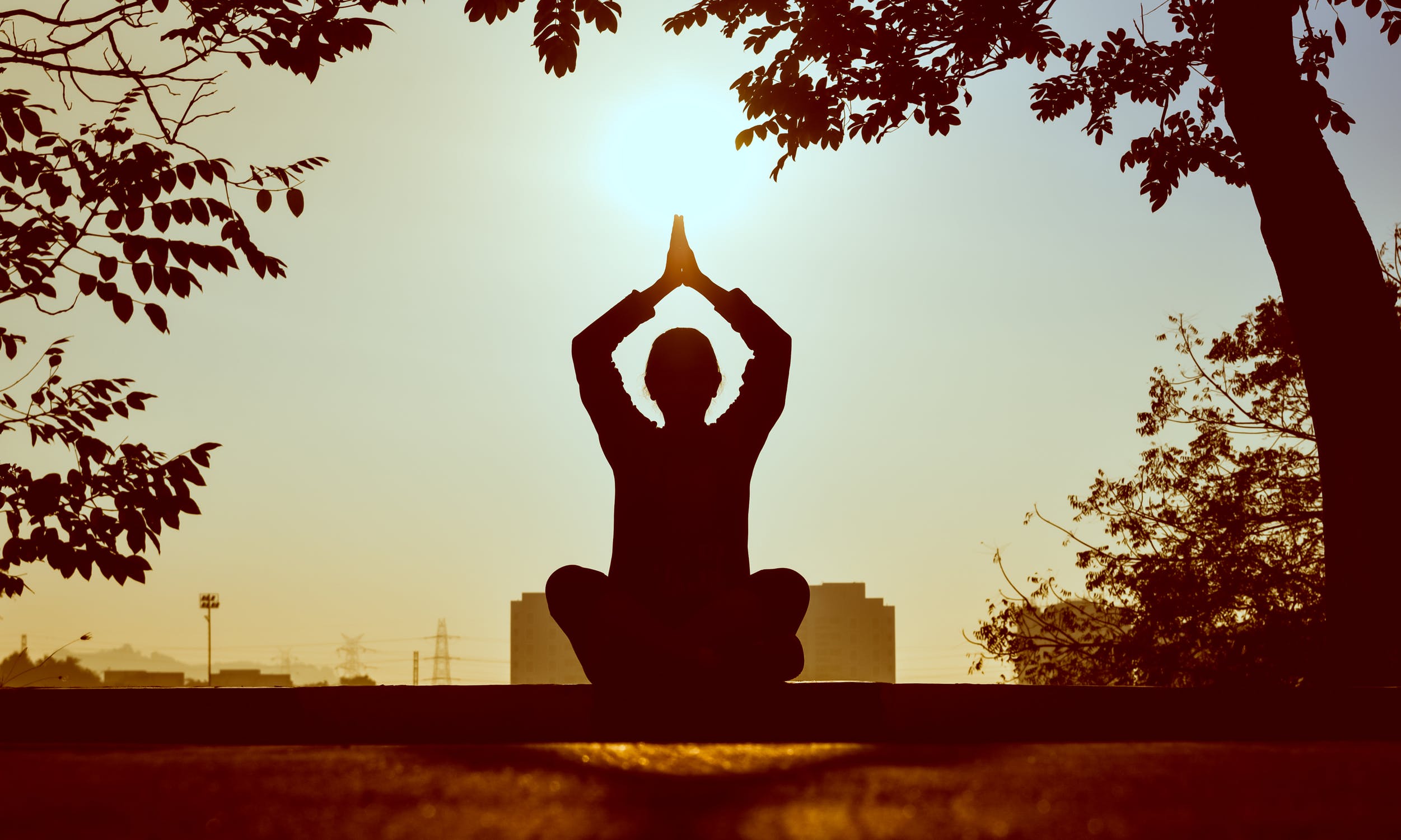Meditation is the process of focusing your attention, to bring about a self-aware and emotionally calm state of being. There are different types of meditation – like mindfulness – which help achieve this mentality. A recent study by Priddy et al even suggests that meditation might help with relapse recovery. At The Recovery Home, Asheville, we use meditation as part of our addiction recovery plan to complement our existing medical treatments. Read on to find out more about meditation, what it is, and how it can help with addiction recovery.
How Do You Meditate?
Simple meditation can be practised at home, and can be achieved with some basic steps. All you need is a quiet place – or as quiet as possible – free from external distractions for a few minutes.
Settle In
Find your relaxing location – it should be a place that is calming to you. It doesn’t have to be silent – if you find background noise peaceful, that’s fine. Just settle down in that place and sit in a comfortable position. Want to stand? Whatever keeps you calm and present in that moment is absolutely fine.
Set Yourself 5 Minutes
For your first meditation, it’s good to set yourself a timer of a few minutes – five is a good place to start. A quiet timer on your phone is ideal to avoid the timer itself becoming a distraction.
Listen To Your Breath
Breath work is a great way to focus on meditation. Listen to yourself as you breathe in and out. If you get distracted, that’s only natural – just send your mind back to your breathing again if you spot it wandering.
Be Nice To Yourself
When you finish, take stock of your thoughts and emotions. And above all, be nice to yourself. It’s natural to get distracted, or even bored. You aren’t going to be a meditation expert straightaway.
How Meditation Helps Addiction Recovery
There are several studies supporting the use of meditation for addiction recovery. Meditation can help many of the following:
Boost Wellbeing
A 2018 Harvard study supports the idea that meditation boosts wellbeing. Many addiction recovery specialists believe that the number one cause of relapse is stress. Creating a sense of wellbeing for those recovering is a vital part of avoiding those anxiety triggers that may have initially caused the addiction.
Cope With Relapse
Research suggests that mindfulness may actually help cope with relapse. For many in recovery, a relapse can trigger a downward spiral back into addiction. Meditation may boost self-awareness and mental stability to not only prevent relapse, but to recover after a potential relapse.
Good For The Immune System
Evidence concludes that meditation may be good for the immune system. During recovery, the body is impacted by the effects of detox and withdrawal. Boosting your immune system is essential at a time when your body needs as much help as possible.
Different Types Of Meditation
There are many different types of meditation but below are the four most common types. They all use different methods to achieve a calm and self-aware mentality.
Mindfulness
Mindfulness is the practice of sitting quietly and focusing on breath work. Your thoughts might wander and pass over time. The main part of mindfulness is letting those thoughts move through your mind without judgement. It’s the simplest form of yoga to practice, and is the method we described earlier in the ‘how to’ section of this blog.
Mantra or Transcendental Meditation
Mantra meditation (also known as transcendental meditation), is the process of repeating a mantra either verbally or internally to help focus your mind. You can take this one step further with loving kindness meditation, which allows you to direct kind words internally towards yourself or others.
Visualization Meditation
This meditation form focuses on images or situations that the person finds relaxing. This may take the form of a guided meditation, where the individual hosting the session will ‘guide’ these images with talking prompts, to help the meditator visualize the image.
Yoga Meditation
Yoga meditation helps achieve a calm or self-aware state by the movement of the body. The most common form of yoga associated with meditation is vinyasa yoga, which focuses on the gentle flow of movement from one yoga position to another.
Meditation has many different ways of helping addiction recovery, allowing the individual to boost their wellbeing, mental resilience and even their immune system. At The Recovery Home, we provide meditation as part of both our in- and out-patient programs, to aid our clients on their recovery journey.

4 Responses
I’m extremely pleased to uncover this site. I wanted to thank you for your time for this wonderful read!! I definitely liked every little bit of it and i also have you book-marked to check out new information in your website.
You are so interesting! I do not suppose I’ve read through anything like that before. So nice to find another person with original thoughts on this topic. Seriously.. thanks for starting this up. This site is something that’s needed on the web, someone with a bit of originality!
I’m extremely pleased to uncover this site. I wanted to thank you for your time for this wonderful read!! I definitely liked every little bit of it and i also have you book-marked to check out new information in your website.
Can I simply just say what a relief to discover an individual who really knows what they’re talking about over the internet. You certainly know how to bring a problem to light and make it important. A lot more people really need to check this out and understand this side of your story. It’s surprising you aren’t more popular since you certainly possess the gift.